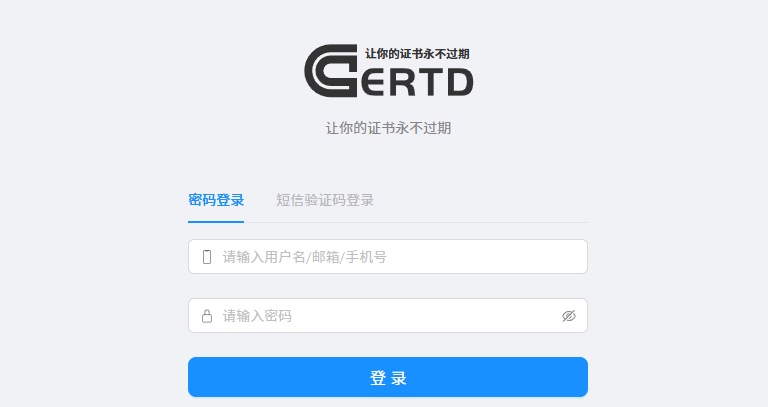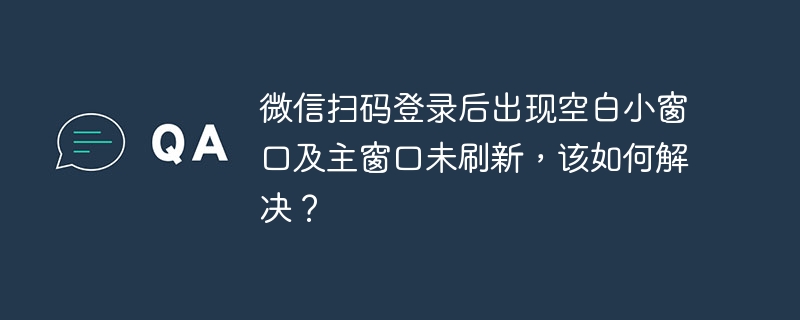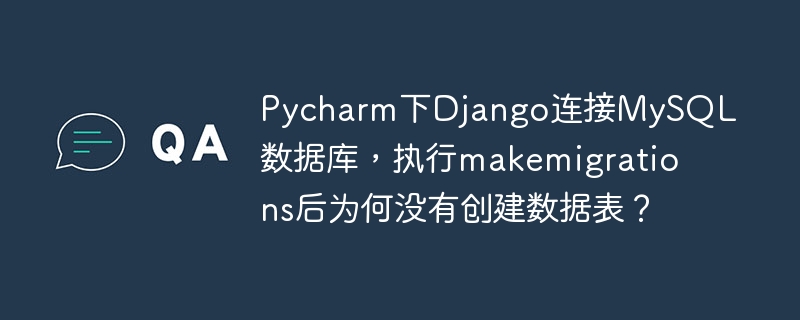在python中定義可擴展的插件類可以通過繼承基類并使用插件管理器實現。1) 定義一個基類如textprocessor,子類如wordcounter和sentimentanalyzer繼承并實現其方法。2) 使用pluginmanager類管理插件的加載和調用,利用importlib模塊動態加載插件。這種方法增強了系統的靈活性和可維護性,但需注意插件沖突、性能和安全性問題。

在python中定義可擴展的插件類是一個非常有趣且實用的主題,尤其在構建靈活且可定制的系統時,插件機制能大大增強你的應用程序的擴展性和可維護性。讓我們深入探討一下如何實現這種機制,以及在這個過程中可能會遇到的一些挑戰和解決方案。
首先,我們需要明確什么是插件類。在Python中,插件類通常是通過繼承一個基類來實現的,這個基類定義了插件必須實現的接口或方法。通過這種方式,任何繼承自這個基類的類都可以被視為一個插件,從而可以被系統動態加載和使用。
讓我們從一個簡單的例子開始,假設我們正在開發一個文本處理系統,我們希望通過插件來擴展其功能,比如添加不同的文本分析工具。
立即學習“Python免費學習筆記(深入)”;
class TextProcessor: def process(self, text): raise NotImplementedError("Subclass must implement abstract method") class WordCounter(TextProcessor): def process(self, text): words = text.split() return len(words) class SentimentAnalyzer(TextProcessor): def process(self, text): # 這里可以實現一個簡單的情感分析邏輯 positive_words = ['good', 'great', 'excellent'] negative_words = ['bad', 'terrible', 'awful'] score = sum(1 for word in text.lower().split() if word in positive_words) - sum(1 for word in text.lower().split() if word in negative_words) return score # 使用插件 plugins = [WordCounter(), SentimentAnalyzer()] text = "This is a good day but the weather is terrible." for plugin in plugins: result = plugin.process(text) print(f"{plugin.__class__.__name__} result: {result}")
在這個例子中,TextProcessor是我們的基類,它定義了一個必須被子類實現的process方法。WordCounter和SentimentAnalyzer是兩個具體的插件,它們繼承了TextProcessor并實現了自己的process方法。
這種方法的好處在于它非常簡單且直觀,任何人都可以輕松地添加新的插件。然而,這種方法也有一些局限性,比如插件的管理和動態加載可能會變得復雜,特別是在大型系統中。
為了解決這些問題,我們可以引入一個插件管理器,它負責加載、注冊和調用插件。這個插件管理器可以使用Python的importlib模塊來動態加載插件。
import importlib class PluginManager: def __init__(self): self.plugins = {} def register_plugin(self, name, plugin_class): self.plugins[name] = plugin_class() def load_plugin(self, module_name, class_name): module = importlib.import_module(module_name) plugin_class = getattr(module, class_name) self.register_plugin(class_name, plugin_class) def process(self, text): results = {} for name, plugin in self.plugins.items(): results[name] = plugin.process(text) return results # 假設我們有兩個插件文件:word_counter.py 和 sentiment_analyzer.py manager = PluginManager() manager.load_plugin('word_counter', 'WordCounter') manager.load_plugin('sentiment_analyzer', 'SentimentAnalyzer') text = "This is a good day but the weather is terrible." results = manager.process(text) for name, result in results.items(): print(f"{name} result: {result}")
在這個例子中,PluginManager類負責管理插件的加載和調用。這種方法的好處是它提供了更好的插件管理和動態加載能力,但它也增加了系統的復雜性,需要更多的代碼來維護。
在實際應用中,你可能會遇到一些挑戰,比如:
- 插件沖突:不同插件可能依賴相同的資源或產生沖突的行為。解決這個問題的一個方法是引入優先級機制或插件隔離技術。
- 性能問題:如果插件數量很多,動態加載和調用可能會影響系統性能。可以考慮使用緩存或延遲加載來優化。
- 安全性:插件可能包含惡意代碼,確保插件的安全性是非常重要的。可以通過沙箱環境或代碼審查來解決這個問題。
總的來說,定義可擴展的插件類在Python中是非常靈活和強大的,但也需要仔細考慮設計和實現,以確保系統的可維護性和性能。在實踐中,不斷地測試和優化是確保插件系統成功的關鍵。


















